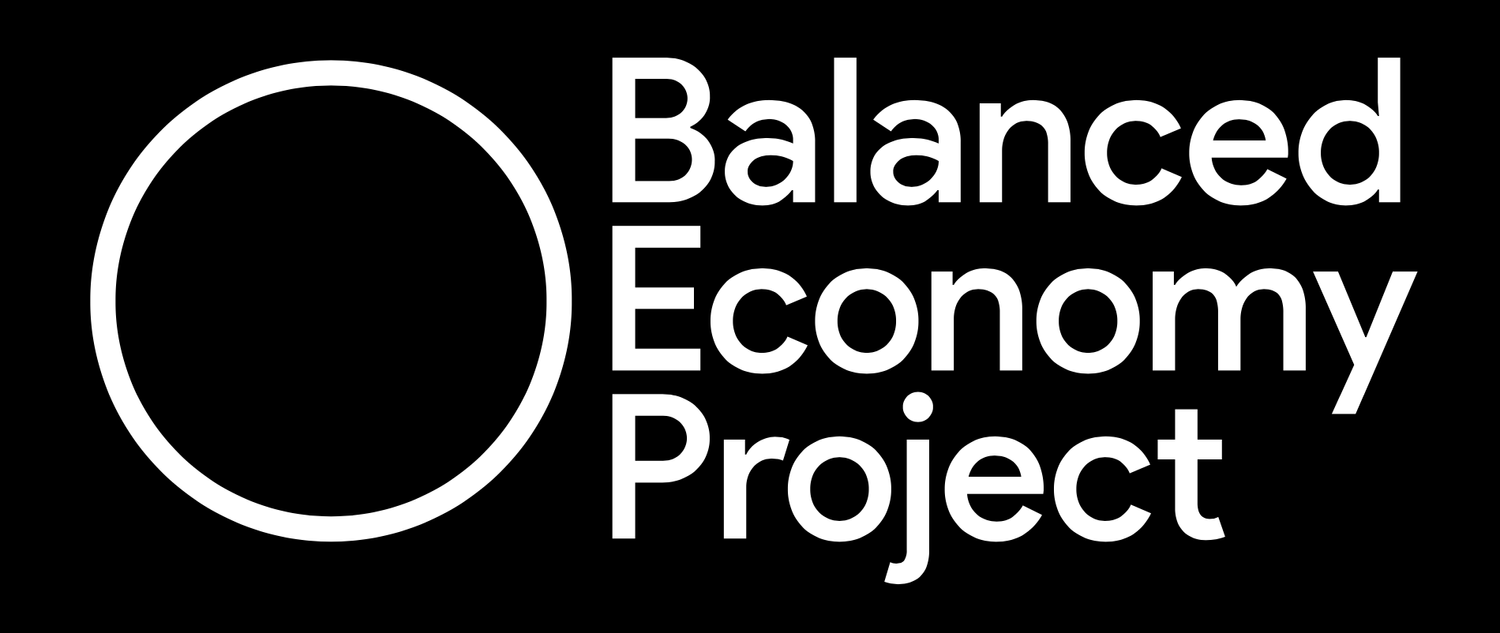The monopoly war on cash
Digital private money versus cash is like Uber versus bicycles. We need both: if we get rid of bicycles and leave only Uber, we face a monopoly trap.
The following is an excerpt from The Counterbalance, our newsletter.
Brett Scott, author of the book Cloudmoney, was visibly uncomfortable, even awkward, as we met in the pale pink-and-yellow fronted Geschwister Nothaft café in southwest Berlin.
The style was bohemian, progressive, middle class: beside a large wooden chessboard a young woman was tapping away at a laptop; at a bright window a woman with dyed hair was talking intensely with a friend, their heads close together.
To me, this was unobjectionable – but not to Scott. I felt a tinge of his discomfort when the barman refused cash for my chai latté and chocolate banana bread. Cards only, he said, pointing to a green sign: nur Kartenzahlung. He did accept a cash tip.
The barman’s rejection unsettled me: welcome to my world, Scott said. A friend of his called him an “economic empath:” he viscerally feels economic relations embedded in his surroundings: something that must have taken a toll during his previous career in finance.
“You find this kind of café anywhere in the world, with the same aesthetic: a classic global, middle class, progressive café,” Scott said. “In my work, where this vibe goes, the anti-cash thing follows.”
“I’ve been in plenty of old-man working class pubs where it’s ‘fuck yeah,’ there is no problem paying cash. But if you try in a place like this, you will likely feel shame: as in, ‘I am an aspirational dude and I don’t want to associate myself with it.” It was emblematic, he said, that I paid by card and tipped in cash: cards (and data) for the owner, and cash for the workers.
As the interview unspooled, the café became a metaphor for modernity. Unlike Big Oil, which is associated with conservative culture, the Silicon Valley crowd had cloaked themselves in a liberal cultural aesthetic, fusing it with monopoly power, and fusing that with ideas of technological progress and advancement.
In this (con)fusion, millions of people who might once have considered themselves of the political left or working classes are now disorientated: they love Amazon’s services, they flock to edgy progressive Google-sponsored events – but they also have a queasy feeling about these firms’ power.
This disorientation plays havoc with the potential for political resistance, leaving a vacuum that far right forces and conspiracy theorists have rushed to fill, exploiting “our destabilized present rife with doubles and confusion,” as the author Naomi Klein puts it, “where far right movements playact solidarity with the working class.”
Addressing this lies in confronting the heart of the matter: monopoly power.
Why cash matters
Bicycles versus Uber; roads versus bike lanes; emergency stairs versus lifts: we need both. Similarly, we need cash — alongside our fantastically useful digital money systems.
A first advantage of cash is privacy: you can spend it when and where you like, avoiding the digital surveillance that undermines our democracies and threatens our freedoms. Cash also can’t be hacked, or used to facilitate digital fraud or identity theft.
Going cashless hurts those on lower incomes the most. A census by the UK’s Royal Society for the Arts (RSA) in 2022 found that 10 million people – almost 20 percent of the adult population – would struggle to cope in a cashless society; nearly half of those wouldn’t cope at all. They cited fears of falling into debt (as with cash you only spend what you have), fears of fraud, and mistrust of corporate payment systems, but also a loss of community as human interactions wither: something that is especially important for the elderly, for many of whom a chat with the cashier at the supermarket can be the highlight of their day.
Cash also keeps economies running in the event of a catastrophe: for example if electricity infrastructure collapses due to an earthquake, or because of corruption and mismanagement.
At another level, bigger dangers lurk. Cloudmoney begins like this:
Continued . . . you can read the rest of this article at The Counterbalance, our newsletter. That edition also contains lively endnotes, covering a range of recent anti-monopoly activity.


